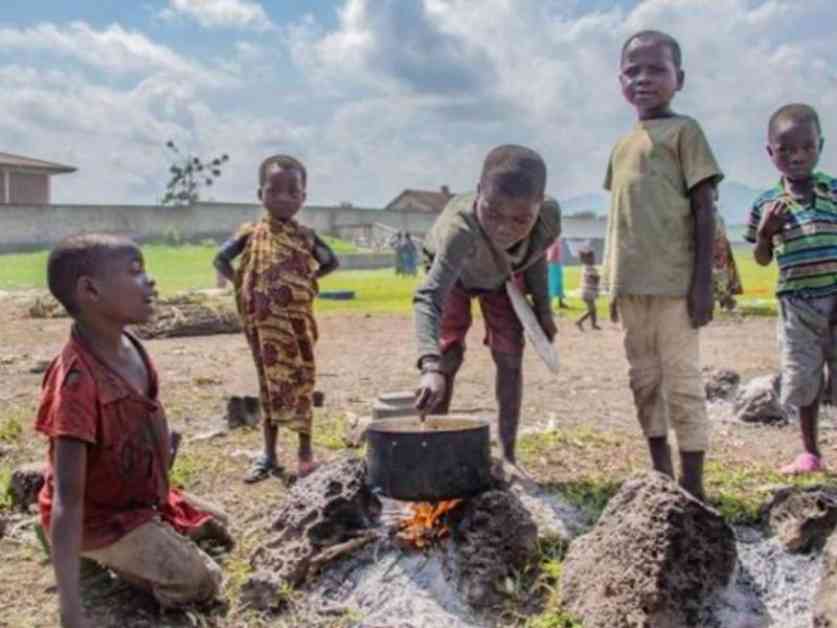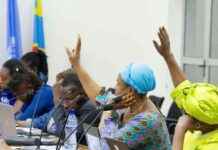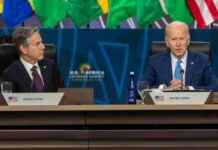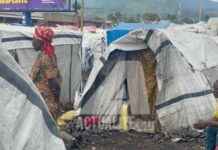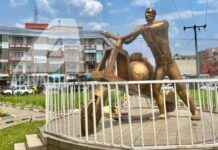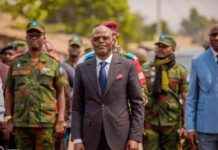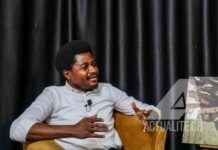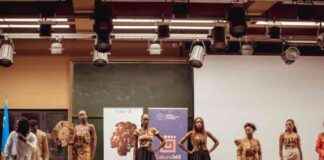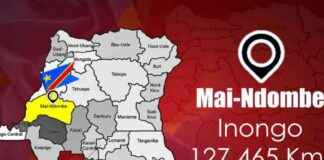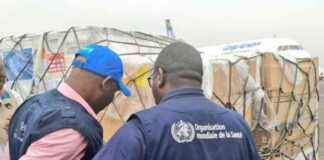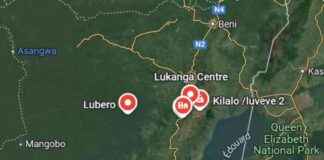Interview with Israël Lumbuedio: Educating Displaced Orphans in DRC
In the heart of the Democratic Republic of Congo, a country plagued by decades of armed conflicts, political instability, and massive displacements of populations, the impact on children, especially those who lose their parents in these conflicts, is nothing short of devastating. Orphans, often displaced to camps or refuge areas, face numerous obstacles to accessing quality education. In this challenging context, how do educators approach guiding these children towards a future, despite the trauma and precarious living conditions they endure?
Challenges Faced by Educators
In a recent interview on Tuesday, January 14th, Israël Lumbuedio, an educator and director of the Maison d’avenir shelter in Kinshasa, shed light on the challenges and solutions for improving the education of displaced orphans in the DRC. Working with displaced orphans in the DRC is an extremely complex task, according to Lumbuedio. These young individuals often arrive at shelters after experiencing severe traumas such as loss of parents, direct violence, forced displacement, and extremely precarious living conditions. The biggest challenge lies in the fact that they are not only deprived of a stable family environment but also often lack access to formal education for several years.
Emotional and Psychological Support
Emphasizing the emotional aspect, Lumbuedio highlighted the central role of emotional well-being in effective education. A child can only learn effectively when they feel secure and supported psychologically. Regular psychosocial support is provided, including individual and group counseling sessions led by psychologists. Activities like art therapy, theater, and educational games are utilized to help children express themselves and overcome their traumas. Education in this context is not just about academic knowledge but also about resilience and personal rebuilding.
Addressing Varied Educational Backgrounds
Each child arriving with irregular schooling histories poses a unique challenge that calls for a flexible pedagogical approach. Tailoring teaching methods to individual needs, the educators prioritize small class sizes to better address each child’s requirements. Active learning methods such as experiential learning, projects, and collaboration are favored over traditional lectures to help children progress at their own pace while providing a stimulating environment. Extracurricular activities like gardening, art, and music workshops are integrated to develop practical skills and boost children’s confidence.
Community Involvement in Education
Local communities play a crucial role in integrating displaced children, emphasizing their inclusion as valuable members of society rather than as mere victims. Involving foster families, community leaders, and local teachers in the educational process, by training them to address trauma and cater to the specific needs of these children, creates a more inclusive environment for reintegration. Local volunteers participating in activities strengthen the bond between children and the community, fostering a supportive and sustainable educational setting.
In conclusion, Israël Lumbuedio stressed the need for sustained efforts from humanitarian organizations, governments, and international actors to invest in education, especially in crisis zones like the DRC. Training local teachers to support traumatized children, providing quality education, and ensuring long-term solutions are essential steps. For those interested in supporting the education of displaced orphans in the DRC, Lumbuedio emphasized the importance of understanding the complexities of their situations, supporting their emotional well-being, and investing in an education that prepares them for both careers and personal growth. Every contribution, whether through donations, volunteering, or raising awareness, can make a difference in offering these children a chance to overcome their past and build a brighter future.
